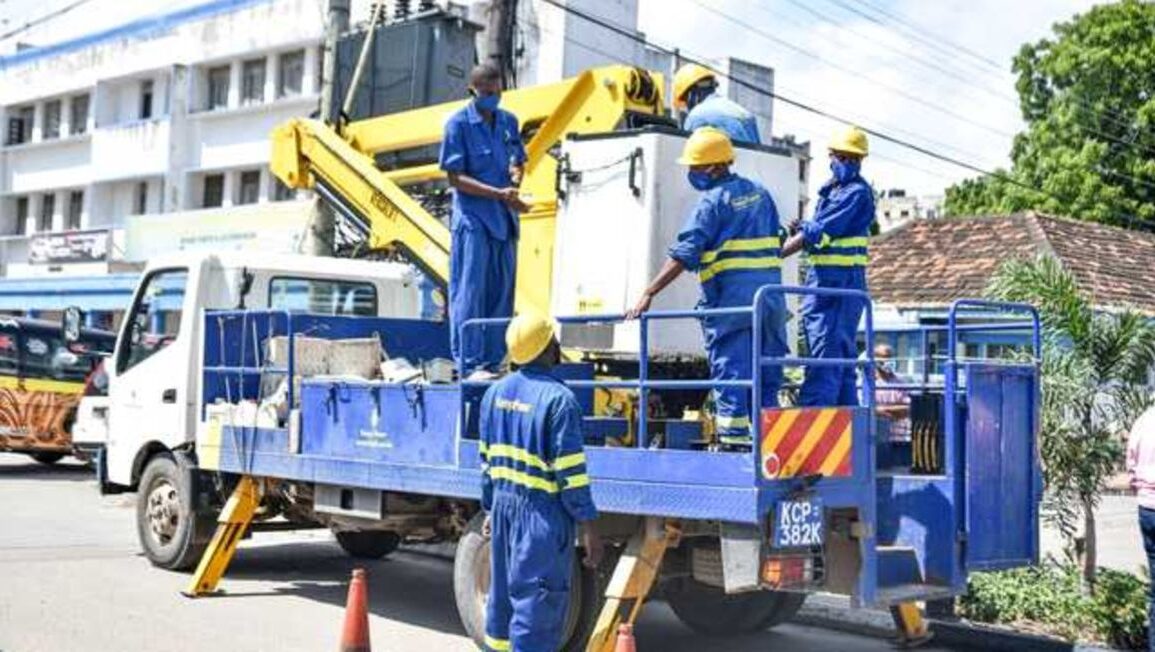Kenya Power and Lighting Company (KPLC) has announced plans to convert its fleet of 2,000 fossil fuel-powered vehicles to electric in the next four years.
At its inaugural E-mobility Conference held at Safari Park hotel in Nairobi, the firm stated it will achieve the mission by retrofitting electric engines on the existing vehicles.
The power distributor has also set aside Sh40 million to purchase three electric vehicles and to construct three electric vehicle-charging stations within Nairobi.
The conference convened 300-plus participants drawn from the private and public sectors to develop a roadmap for electric motorization in the country.
“The Company has consistently invested heavily towards the expansion of the grid’s capacity and its automation to accommodate the exponential growth in demand for electricity and to improve the flexibility of the grid and, in turn, the quality of power supply. The grid network is robust enough to support the transition from fossil fuel-powered vehicles,” said Kenya Power’s Ag. Managing Director, Engineer Geoffrey Muli.
Kenya Power says it has invested more than Sh40 billion in grid expansion and refurbishment projects, in the past five years.
Currently, the grid totals about 300,000 kilometers in circuit length of the high, medium, and low voltage networks which serve over 9.1 million customers, giving access to over 75% of the country’s population in all 47 counties.
Additionally, the country has an installed capacity of 3,321MW against a peak demand of 2,132MW. During off-peak, which happens late in the night, the demand drops to about 1,100MW.
Over the last three years, approximately 90% of the electricity dispatched to the grid comprises clean energy generated through renewable sources such as hydro, geothermal, solar, and wind. This rises to 100% during most of the night off-peak time.
Charging electric vehicles, especially at night the firm says would, therefore, help bridge the gap between off-peak load available generation capacity as well as raise the average demand to above 1,500MW, making e-mobility more environmentally friendly end to end.
The firm has been actively engaged in e-mobility projects and initiatives with local and international partners, to map out the needs of the e-mobility sector and define a framework to provide excellent service to all players involved.
Officials said that KPLC has established a liaison office that acts as a one-stop shop to champion the company’s E-mobility business.
Through the office, the firm can work with investors and stakeholders to support the development of the e-mobility ecosystem, which entails the identification of sites for potential charging stations and developing requisite geo-mapping software to enable users to locate the nearest charging station.
Through its subsidiary, the Institute of Energy Studies and Research (IESR), the firm is currently undertaking a multi-stakeholder project supported by the European Union that is focused on modeling the grid network, to analyze the impact of charging infrastructure on the national grid.
The data will be used to develop strategies for the management of growth in electricity demand driven by E-mobility.
The project also aims to deploy 15 e-motorcycle charging and swapping points at existing petrol stations in Nairobi with the possibility of extending it in Kisumu.
The Company is also in the process of hiring a consultant to guide the development of an E-mobility Network Infrastructure System (ENIS) to pilot the electric vehicle charging stations, both for company use and demonstration purposes.
To accelerate investments in E-mobility, the company has submitted a proposal for an E-mobility tariff to the Energy and Petroleum Regulatory Authority (EPRA), which is currently undergoing public participation.
Eng. Muli added, “The demand for electric-powered vehicles is expected to accelerate in the coming years with increased awareness of the benefits of e-mobility. We see this as an organic opportunity for us to support the country’s green agenda and to drive electricity demand, especially at night to bridge the gap between off-peak load and available generation capacity.
Electric mobility has gained momentum across the world over the last couple of years and several companies for instance BasiGo have already set up a shop in Kenya to build various products in response to rising demand.





